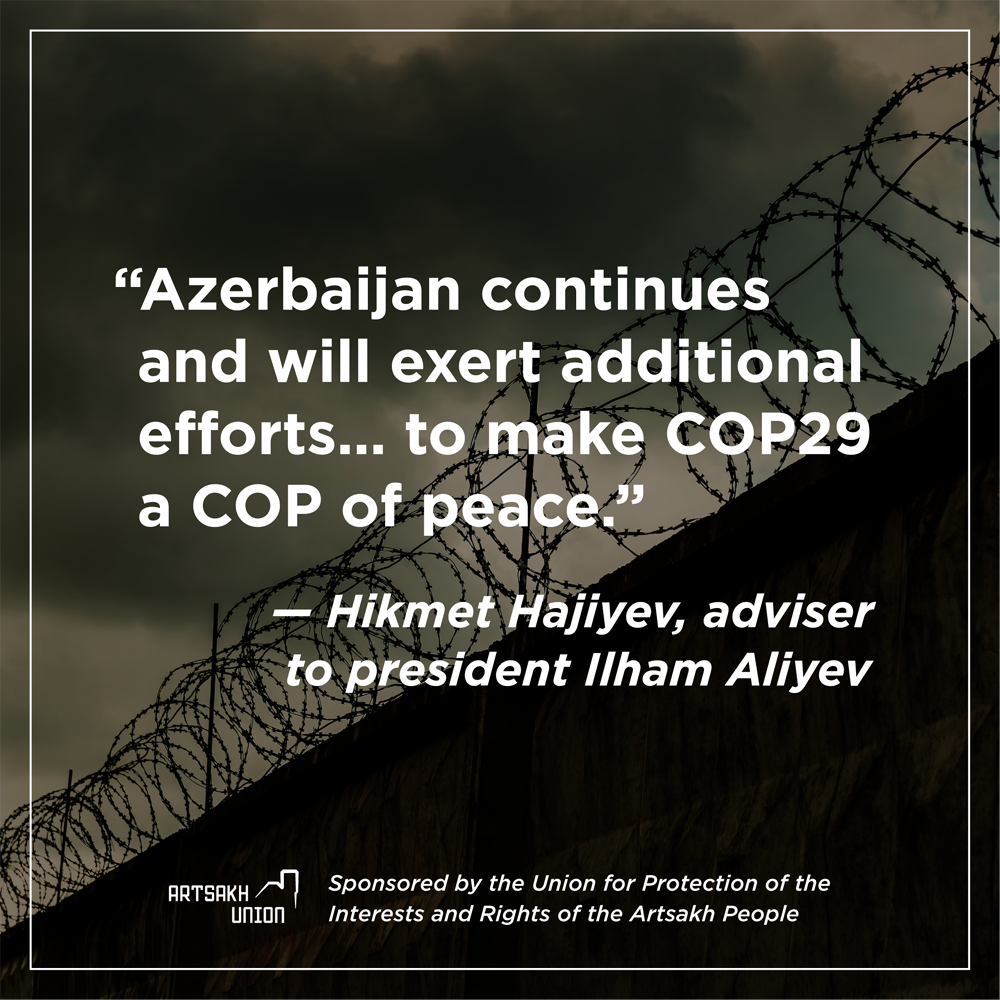
The upcoming COP29, scheduled from November 11 to 24 in Baku, Azerbaijan, represents a crucial moment for global climate policy. The selection of Baku as the host city follows extensive negotiations among Eastern European nations, resulting in Azerbaijan being confirmed as the official host. This decision underscores Azerbaijan's increasing commitment to global climate efforts, having set ambitious targets to reduce greenhouse gas emissions by 35% by 2030, compared to 1990 levels, and achieving a further 40% reduction by 2050.
A key figure in this initiative is Mukhtar Babayev, Azerbaijan's Minister of Ecology and Natural Resources, who will play a central role in the preparations. Alongside him, Mohamed Abdelsalam, Secretary General of the Muslim Council of Elders, emphasizes the importance of integrating faith-based perspectives into climate action. This summit aims to provide a platform for religious leaders to discuss their role in addressing climate change, focusing on moral and ethical dimensions.
The summit is expected to attract significant global attention, with leaders from various faiths discussing ways to mobilize their communities for climate action. The inclusion of faith leaders is seen as a strategic move to foster a more inclusive approach to climate policy, reflecting the moral imperatives of environmental stewardship.
Azerbaijan's commitment to hosting the COP29 also highlights the country's broader environmental goals. The nation plans to transform liberated lands into "Green Energy" zones, aiming for net-zero emissions by 2050. This initiative aligns with Azerbaijan's broader strategy to enhance sustainability and environmental conservation practices.
The upcoming discussions will not only focus on environmental policies but also address the social implications of climate change. Ann Harrison, a climate policy advisor at Amnesty International, stressed the importance of situating human rights at the core of climate actions. The COP29 conference is expected to increase financial commitments from historically high-emission countries and foster a just transition to renewable energies, particularly in low-income nations.
Moreover, the event underscores the urgency of meeting the $100 billion annual climate finance pledge, which has yet to be fulfilled. The focus will be on mobilizing substantial financial resources to tackle the pressing challenges posed by climate change, especially for marginalized communities most affected by environmental impacts.
As Baku prepares for COP29, the city is poised to become a focal point for global climate negotiations, integrating diverse perspectives and reinforcing the role of faith in driving climate action. This initiative reflects a growing recognition of the need for collaborative efforts across sectors and societies to address the climate crisis effectively.
Topics
Live News
